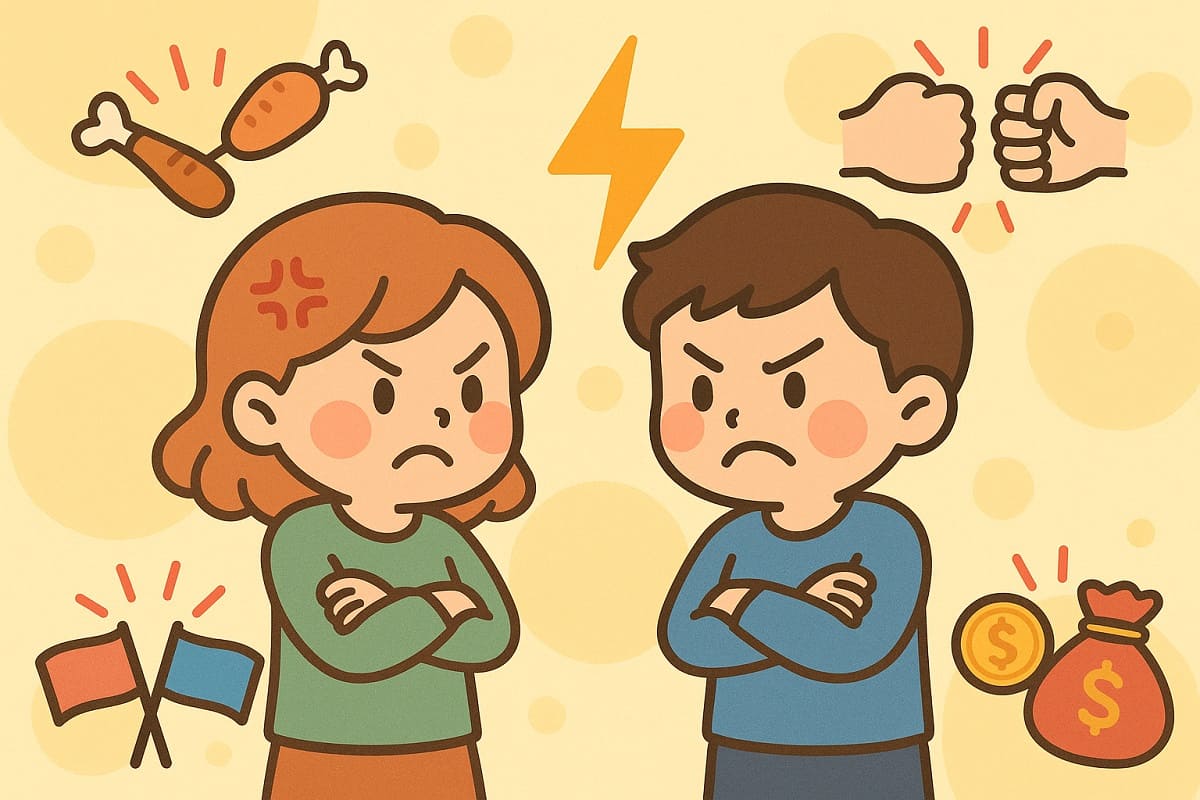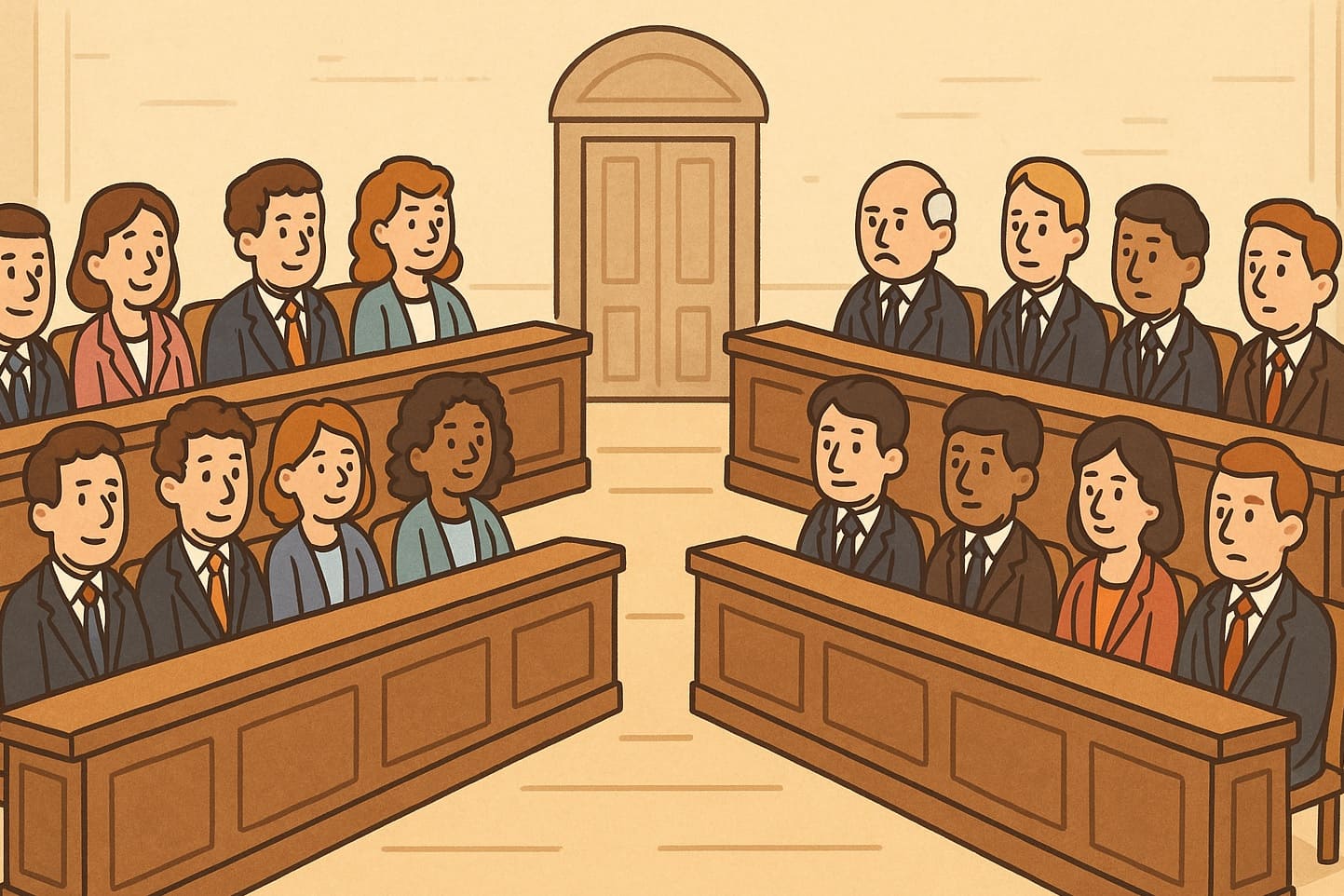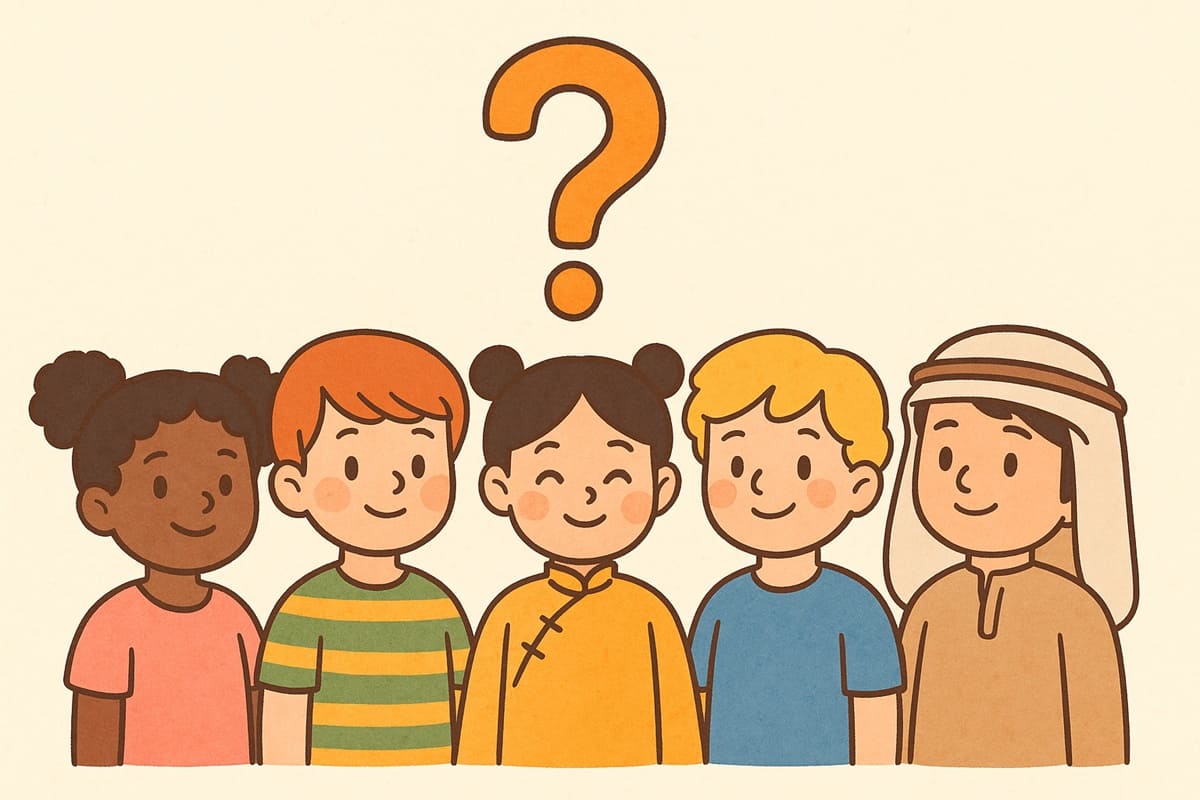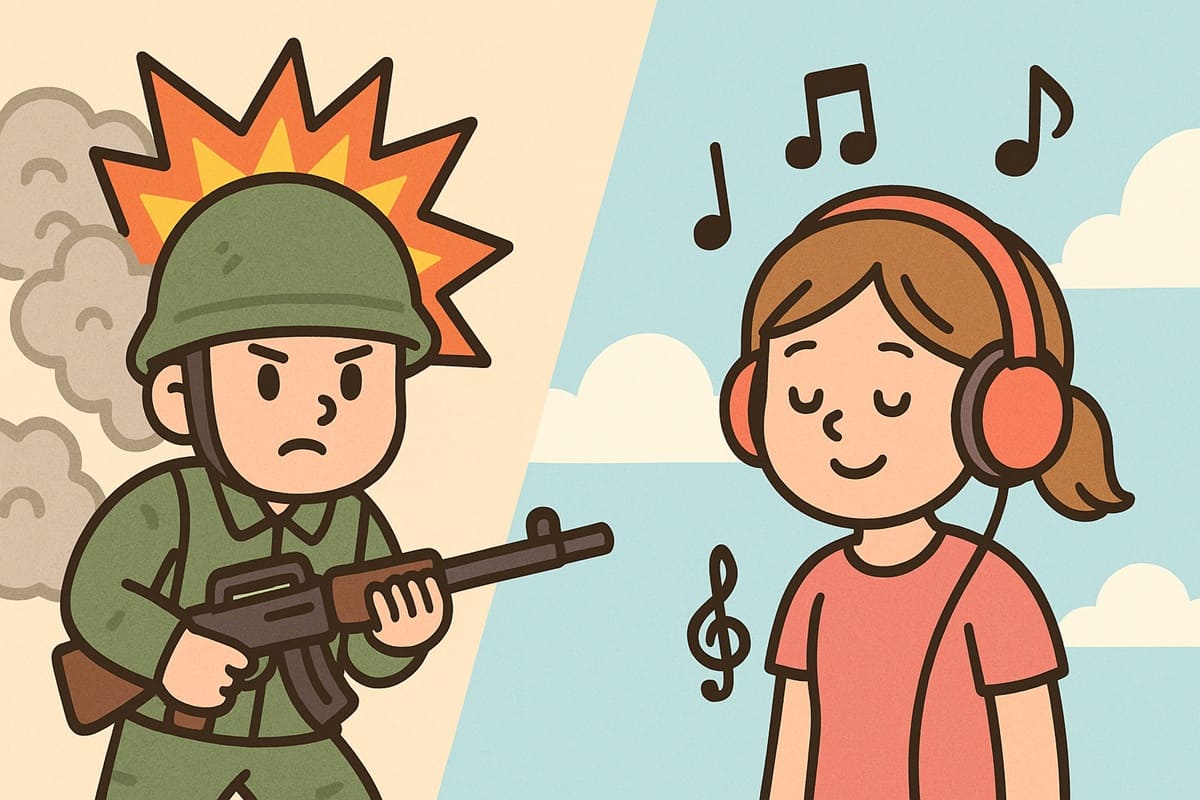Why Can’t I Be Happy? Let’s Stop Worrying About What Others Think
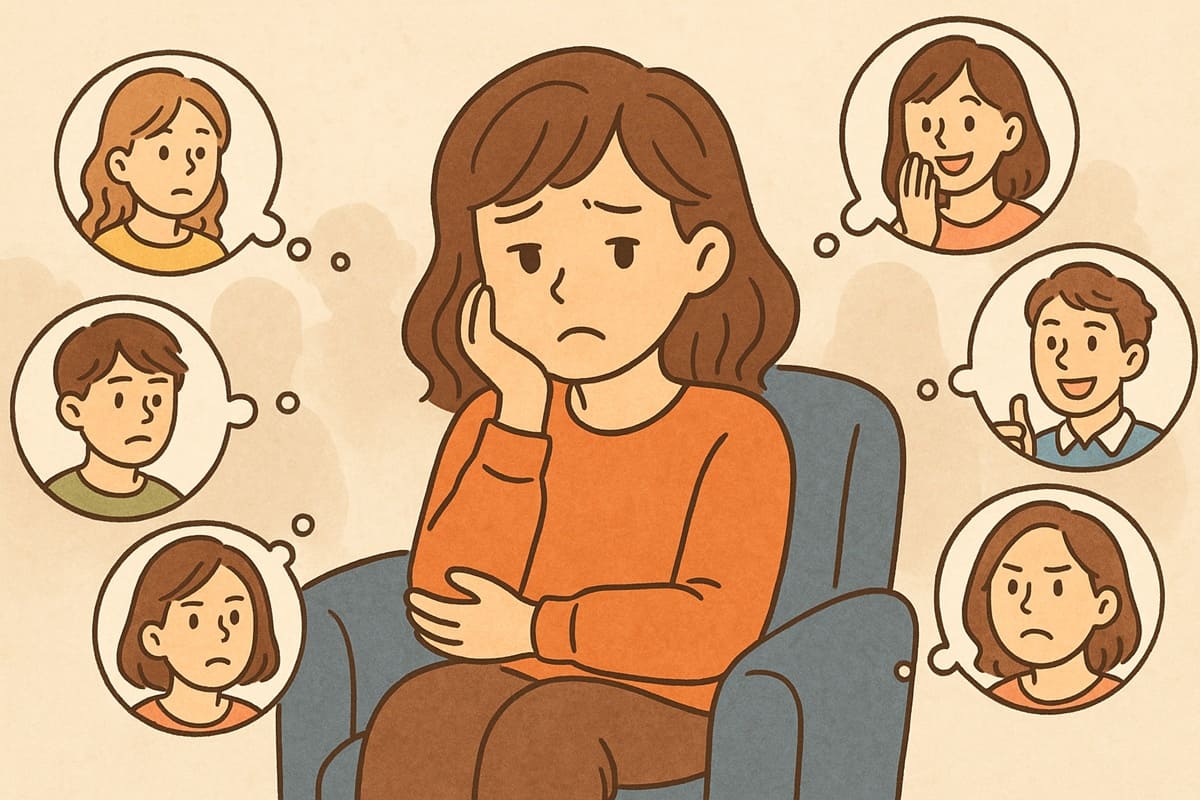
“Why can’t I feel happy…?”
Have you ever thought this to yourself?
Even when you try your best every day, you still feel unfulfilled. Behind that feeling might be one important reason — you’re worrying too much about how others see you.
In this article, we’ll explain, using psychological and sociological research, how living based on others’ opinions can rob us of our happiness, and what we can do to break free from it
Why Social Media Feels Draining: Because We Compare Ourselves to Others
Without even realizing it, we often compare ourselves to others. This is called social comparison.
For example, have you ever seen photos of your friends having fun or bragging about good grades on social media and thought, “I’m such a failure…”?
Psychologists Lyubomirsky and Ross (1997) found that unhappy people are especially sensitive to such comparisons and tend to feel worse after seeing others’ success. On the other hand, happy people are less affected by what others achieve.
In Japan especially, studies have shown that “not comparing yourself to others” and “going at your own pace” are strongly linked to happiness. In other words, being able to think “I’m me, and they’re them” helps bring emotional stability.
Wanting Approval… Is That Real Happiness?
“I want a lot of likes.”
“I want people to say I’m amazing.”
“I want to be seen as attractive.”
Everyone has the desire to be recognized by others.
But research shows that when we’re overly obsessed with gaining approval, it often leads to more stress and anxiety instead of happiness.
According to Self-Determination Theory in psychology, people feel truly fulfilled when they’re working toward intrinsic goals — things that come from within, like curiosity, personal growth, or connection with others.
On the other hand, chasing extrinsic goals like money, fame, or popularity tends to lower our happiness over time.
Trying Too Hard to Look Good Can Be Exhausting
When talking with friends, do you ever overthink your words — “Will they think I’m weird if I say this?” — and hide your true self?
It’s natural to want to manage how others see you (this is called impression management) in social life. But when you overdo it, you start to lose touch with your true feelings.
For example, saying yes when you want to say no, or always acting like the “nice one” even when you’re struggling — if you constantly suppress your real emotions, you’ll eventually burn out.
Psychological research shows that people who feel they’re “faking themselves” tend to have more anxiety and lower levels of happiness than those who can be their authentic selves.
A Culture Obsessed with Appearances: How “Saving Face” Affects Happiness in Japan
In Japan, there’s a strong cultural norm to “read the room,” “fit in,” and “avoid standing out.”
“You’ll get hammered down if you stick out.”
“If you do something different, people will think you’re weird.”
Many people feel pressured to suppress their true desires in order to avoid judgment.
But studies show that people who live authentically — being true to themselves — are more likely to feel happy. In fact, being “your natural self” has been identified as one of the key pillars of happiness in Japan.
Trying too hard to conform or maintaining forced relationships may actually make your heart heavier, not lighter.
Not “How Others See You,” But “How You Want to Live”
So, how can we stop being overly concerned about how others see us?
Some psychologists suggest that people feel more happiness when they focus less on how they look or how they’re judged, and more on caring about others’ happiness.
In other words, instead of worrying about your own image, doing small things like helping someone or offering kind words can actually boost your own well-being.
Also, if you spend time doing things that feel enjoyable and “authentically you,” you’ll naturally build a stronger inner compass. As that happens, the opinions of others will start to matter less.
Conclusion: Live Honestly with Your Heart
When you worry too much about how others see you, you risk losing your true self.
Try these small steps:
- Stop comparing yourself to others on social media.
- Do things because you want to, not to be praised.
- Let go of relationships that drain you, and spend time with those who value you.
Living honestly with your own heart — that is the shortcut to happiness.
You are you.
Forget what others think. Live your life the way you want to live.
Main References
- Kasser, T., & Ryan, R. M. (1996). Further examining the American dream: Differential correlates of intrinsic and extrinsic goals. Personality and Social Psychology Bulletin, 22(3), 280–287.
- Kasser, T., et al. (2014). Changes in materialism, changes in psychological well-being: Evidence from three longitudinal studies and an intervention. Motivation and Emotion, 38(1), 1–22.
- Lyubomirsky, S., & Ross, L. (1997). Hedonic consequences of social comparison: A contrast of happy and unhappy people. Journal of Personality and Social Psychology, 73(6), 1141–1157.
- Maeno, T., et al. (2011). Analysis of the relationship of happiness based on a survey of happiness, personality, and desires. Keio University.
- Yeo, G. H., et al. (2023). How do aspects of selfhood relate to depression and anxiety among youth? A meta-analysis. Psychological Medicine, 53(12), 5194–5204.*
